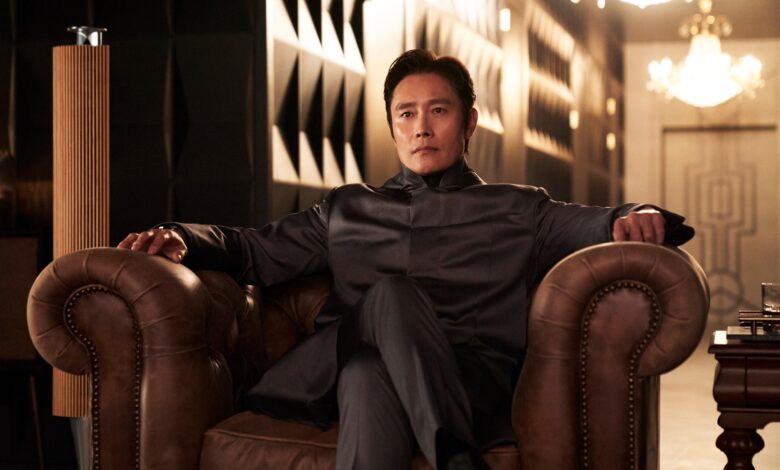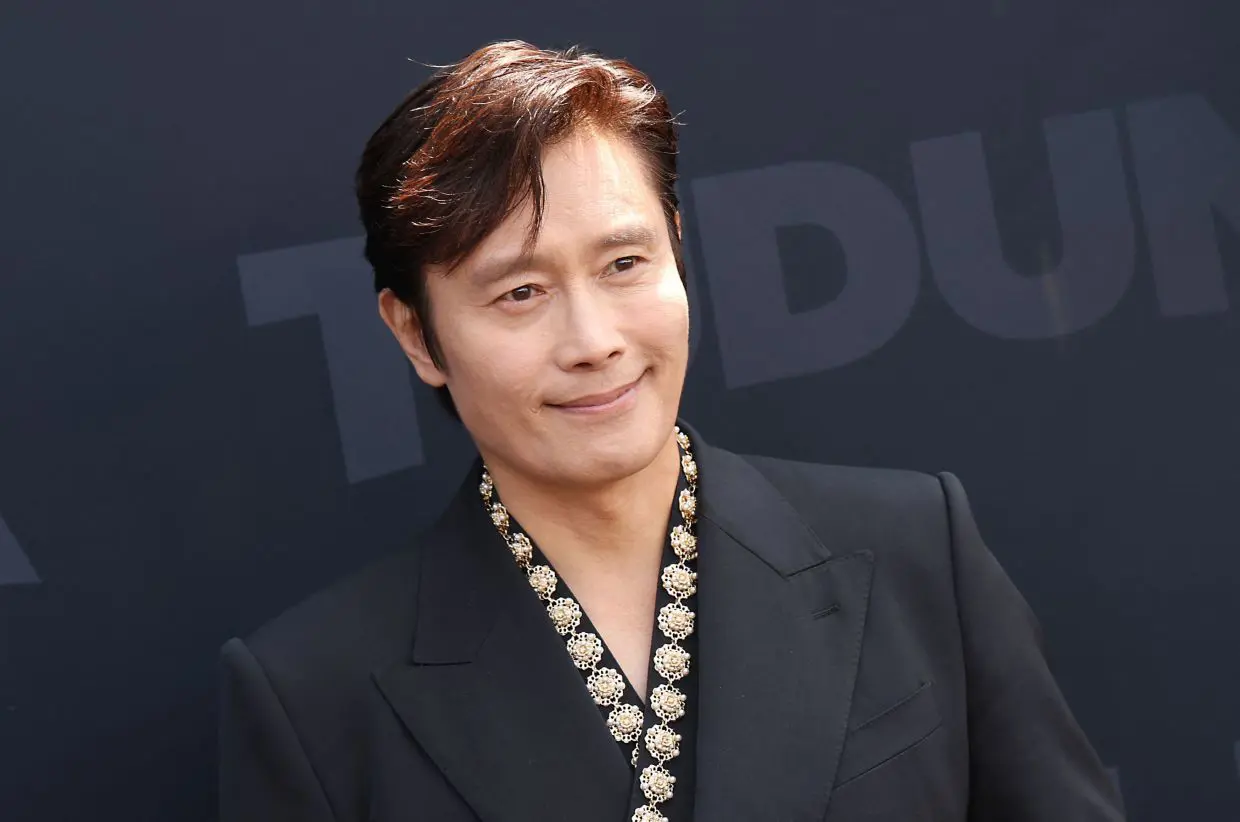Lee Byung-hun: South Korea’s Global Acting Phenomenon

Introduction to an International Star
Lee Byung-hun stands as one of South Korea’s most accomplished and internationally recognized actors, with a career spanning over three decades across film, television, and global entertainment projects. From his early television roles that made him a household name in Korea to his groundbreaking Hollywood performances, Lee has demonstrated remarkable versatility in portraying complex characters with depth and authenticity. His ability to transition seamlessly between intense dramatic roles and charismatic action heroes has earned him critical acclaim and a massive global fanbase. As Korean entertainment continues its worldwide expansion, Lee Byung-hun remains at the forefront as both a talented performer and cultural ambassador. This article explores his career evolution, signature performances, international impact, and enduring legacy in global cinema.
Early Career and Rise to Korean Stardom
Lee Byung-hun’s journey to stardom began in 1991 when he debuted in the KBS drama “Asphalt My Hometown,” immediately showcasing the screen presence that would become his trademark. Throughout the 1990s, he built his reputation through numerous television dramas, with his breakout role coming in 1995’s “The Legend of Car God.” His portrayal of passionate, complex characters in series like “Beautiful My Lady” (1997) and “Happy Together” (1999) established him as one of Korea’s most promising young actors. The turn of the millennium marked his successful transition to film, with his performance in Park Chan-wook’s “Joint Security Area” (2000) proving his ability to carry major motion pictures. This period also revealed Lee’s dedication to his craft, as he famously lost 15 kilograms for his role in “Bungee Jumping of Their Own” (2001) and learned to play the guitar for “Harmonium in My Memory” (1999). These early career choices demonstrated his willingness to fully commit to every role, setting the foundation for his future success.
Hollywood Breakthrough and Global Recognition
Lee Byung-hun’s expansion into Hollywood marked a significant milestone not just for his career but for Asian representation in global cinema. His first major international role as Storm Shadow in “G.I. Joe: The Rise of Cobra” (2009) introduced Western audiences to his unique blend of physicality and emotional depth. This breakthrough led to more substantial opportunities, including his scene-stealing performance as the deadly assassin Billy Rocks in “The Magnificent Seven” (2016) remake. His ability to hold his own alongside Hollywood heavyweights like Denzel Washington and Chris Pratt demonstrated his remarkable screen presence and acting chops. Lee further showcased his versatility in the Netflix thriller “The Night Comes for Us” (2018), where his portrayal of a mysterious crime lord proved he could command attention with minimal dialogue. These international projects not only expanded his fanbase but also paved the way for other Korean actors seeking global opportunities, cementing his status as a trailblazer in transcending cultural barriers through performance.
Signature Performances and Acting Range
Throughout his illustrious career, Lee Byung-hun has delivered several performances that have become benchmarks in Asian cinema. His collaboration with director Kim Jee-woon in “A Bittersweet Life” (2005) as a conflicted mob enforcer remains one of his most critically acclaimed portrayals, blending brutal action sequences with profound emotional resonance. In “The Good, The Bad, The Weird” (2008), he demonstrated impressive versatility by playing against type as the cold-blooded villain Park Chang-yi, showcasing previously unseen comedic timing and physicality. His work in “I Saw the Devil” (2010) pushed boundaries of psychological thriller performances, while his starring role in the television series “Mr. Sunshine” (2018) displayed his maturity as an actor in historical drama. More recently, his participation in the Oscar-winning “Parasite” (2019) ensemble and his leading role in the disaster film “Concrete Utopia” (2023) continue to demonstrate his ability to choose compelling projects across genres. These diverse roles highlight Lee’s extraordinary range and his commitment to disappearing completely into each character while maintaining his signature intensity.
Awards and Critical Recognition
Lee Byung-hun’s exceptional talent has been recognized with numerous prestigious awards, making him one of Asia’s most decorated actors. He made history as the first Korean actor to win Best Actor at the Baeksang Arts Awards for both film (“A Bittersweet Life”) and television (“IRIS”) in the same year (2009). His international honors include awards from the Asian Film Awards, Blue Dragon Film Awards, and Grand Bell Awards, among others. In 2016, he received a Star Asia Award at the New York Asian Film Festival for his contributions to Asian cinema’s global presence. The South Korean government awarded him the Order of Cultural Merit in 2021, one of the nation’s highest honors for artistic achievement. Critics consistently praise his ability to convey complex emotions with subtle facial expressions and body language, as well as his dedication to physical transformation for roles. These accolades reflect not only his individual talent but also his role in elevating the prestige of Korean entertainment worldwide during the current Hallyu (Korean Wave) phenomenon.

Personal Life and Philanthropic Work
Beyond his professional achievements, Lee Byung-hun maintains a carefully balanced personal life that has earned him respect both in Korea and internationally. His 2013 marriage to actress Lee Min-jung created one of Korea’s most beloved celebrity couples, with their relationship often portrayed as an ideal in Korean media. The birth of their son in 2015 added to his image as a family man, though he has worked to keep his private life relatively guarded. Known for his philanthropic efforts, Lee has made substantial donations to children’s hospitals and educational initiatives in Korea. He serves as an honorary ambassador for Korean tourism and frequently participates in cultural exchange programs. Despite facing personal challenges, including a high-profile blackmail case in 2014, Lee has maintained his reputation through professionalism and dedication to his craft. His ability to navigate both Eastern and Western.
Frequently Asked Questions About Lee Byung-hun
1. What was Lee Byung-hun’s breakthrough Hollywood role?
Lee gained international recognition as Storm Shadow in “G.I. Joe: The Rise of Cobra” (2009), which led to more substantial Hollywood opportunities.
2. How does Lee prepare for his intense acting roles?
He undergoes rigorous physical training and deep character study, often learning new skills (like guitar playing or martial arts) to fully embody each role.
3. What are some essential Lee Byung-hun films for new viewers?
Start with “Joint Security Area,” “A Bittersweet Life,” “The Good, The Bad, The Weird,” “I Saw the Devil,” and “Masquerade” to appreciate his range.
4. Has Lee worked with director Bong Joon-ho?
Yes, he appeared in Bong’s early film “Joint Security Area” (2000) before Bong achieved global fame with “Parasite.”
5. What makes Lee Byung-hun unique among Korean actors?
His ability to succeed equally in Korean cinema and Hollywood, while maintaining artistic integrity across diverse genres, sets him apart.
Conclusion: The Enduring Star Power of Lee Byung-hun
Lee Byung-hun’s remarkable career serves as a blueprint for artistic excellence and cultural bridge-building in global entertainment. From his early days as a television star to his current status as an international film icon, he has consistently challenged himself while maintaining the highest standards of his craft. His success in both Korean and Western productions demonstrates the growing globalization of cinema and the increasing appreciation for Asian talent in mainstream media. Beyond his professional achievements, Lee’s cultural impact as a representative of Korean excellence and his philanthropic efforts have solidified his status as one of Korea’s most respected public figures. As he continues to take on challenging roles and break new ground in his career, Lee Byung-hun remains a shining example of dedication to artistic growth and a testament to the power of transcultural storytelling – lee byung-hun.

